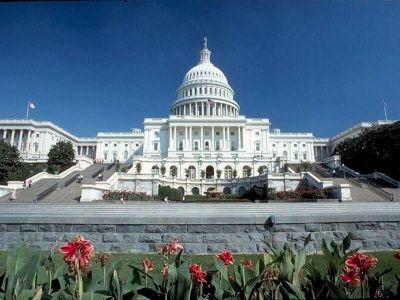Publication
Article
Internal Medicine World Report
Big Government, Good Neighbors Positively Impact Behavioral Health
Author(s):
There is a correlation between behavioral health and high levels of liberalism and social trust, according to the findings of a study published in Social Science & Medicine.

There is a correlation between behavioral health and high levels of liberalism and social trust, according to the findings of a study published in Social Science & Medicine.
Using data from the 2010 Behavioral Risk Factor Surveillance System, the 2009 Gallup Healthways Survey, and a 2010 index that rated liberalism in state government, Mitchel Herian, PhD, a faculty fellow with the Public Policy Center at the University of Nebraska-Lincoln (UNL), and a team of researchers discovered that residents in liberal states tend to be healthier, as do those residing in strong communities.
Herian co-authored the study with psychologists Louis Tay, PhD, of Purdue University and Ed Diener, PhD, of the University of Illinois, as well as UNL graduate student Joseph A. Hamm.
“Some people might like the argument that liberal government automatically leads to healthier people, because it supports their worldview,” Herian said in a statement. “But in the absence of a liberal government, you also see better levels of health if you have a strong community.”
In states with low levels of liberalism, social capital had the greatest positive impact on the health of an individual, the study authors found. According to Tay, government social programs have a stronger connection to good health for individuals who do not live in a strong community. Such programs may be necessary to serve communities that are fragmented and isolated, he said.
The researchers assessed state political profiles using an index that scores states based on their relative liberalism or conservatism. To measure health and well-being, Herian and his colleagues considered smoking habits and body mass index (BMI). They also analyzed answers to a survey that asked people to rate their own health and report how often they are unable to carry out daily activities due to poor physical or mental health.
The investigators measured social capital using data from a survey that asked people if they thought a neighbor who found a lost wallet or purse with $200 would return the item and money. However, Herian plans to conduct further research on methods for measuring social trust.
“Liberals argue for government programs and conservatives argue for individual responsibility,” Diener said in the statement. “When government programs are in place, people tend to be healthier. But when government programs are weaker, a person with lots of close ties and social capital can still be healthy. Their wife can get them to exercise, their friends can help them not drink too much, and their support for each other may directly affect their health. Loneliness is bad for health.”






